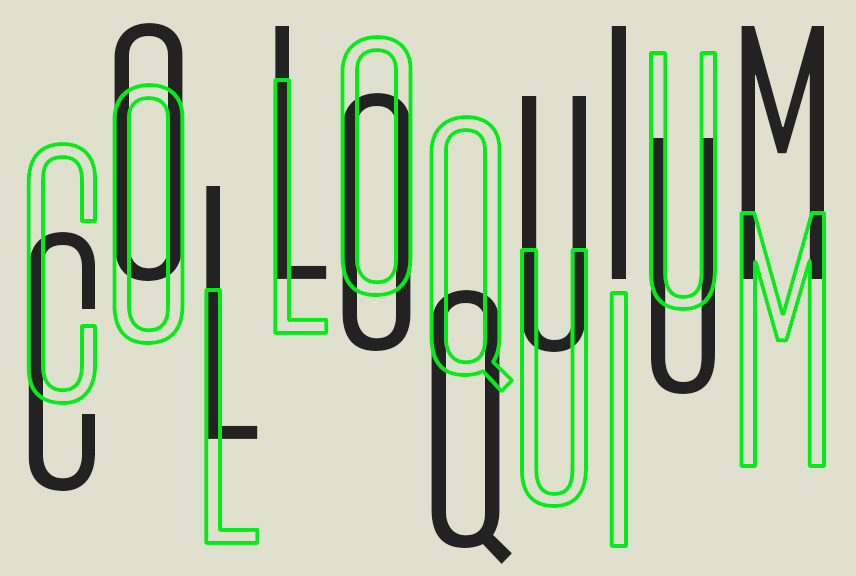Holistic Visions & Cybernetic Strategies
Infrastructures of Integrative Computational Architecture

With the introduction of robotic fabrication, automation, algorithms, sensor-based networked data, machine learning, and biomaterials, architectural design and construction processes envision an integrative and holistic approach to our built environment. The core idea of harnessing the entire potential of computational design and construction technologies to overcome the fragmented, linear, and ailing building process is being considered a paradigm shift for architecture, construction, and engineering. Several proposals are now scaling from a conceptual approach to cyber-physical, adaptive building systems. At the forefront of these endeavors are leading architectural research institutes, a few pioneer studios, and engineering companies.
Integrative approaches to architecture and construction also propose to address planetary problems such as housing, climate change and resource depletion through computational, material, and social feedback, thus, revoking an old cybernetic notion. Cybernetics’ malleability and its presumed universality in attending to non-linear problems through computation underpin the imaginary of an intelligent, adaptive building system. By developing the practical tools, the rhetorical ones and social practices for its legitimacy, the encoded values and aspirations for society and the built environment within the sociotechnical infrastructures of integrative approaches, however, often remain hidden or partial.
In this talk, I like to discuss the interactions of different future visions of the building ecosystem, the underlying computational design and construction approaches, and their social implications. I draw upon my current work at a multi-disciplinary research cluster on integrative computational design and construction for architecture as well as insights from previous ethnographical research on design-focused makerspaces and digital fabrication.
Yana Boeva is a postdoctoral researcher at the Institute for Social Sciences (SoWi) and the Cluster of Excellence “Integrative Computational Design and Construction for Architecture (IntCDC)” based at the University of Stuttgart. She holds a PhD (2018) in Science & Technology Studies from York University, Toronto, and an MA (2011) in Media Studies from the Humboldt-University Berlin. Previous research focused on the social and historical dimensions of digital fabrication in design practice through a multi-sited ethnography of open fabrication spaces in Europe and Canada. Her current work explores the transformation of design, architectural practice, and different user perceptions through the integration of automation and active matter in contemporary fabrication models. Her research interests include critical design practice, computer-aided technologies, feminist technoscience, urban studies, and the history and sociology of technology. Her work has been published in Interaction Design and Architecture(s) Journal — IxD&A, Digital Creativity, the Making Futures series, and edited collections. http://yanaboeva.xyz
Colloquium session with Yana Boeva.
http://yanaboeva.xyz
Wednesday, 23 September 2020
15.00 – 16.30
The colloquium will take place physically at the Critical Media Lab Basel (D 3.05).
Academy of Art and Design FHNW
Freilager-Platz 1
4002 Basel
All are always welcome.
Please be aware that in all buildings of the FHNW university, masks are mandatory. In the lab, masks are not obligatory, unless we reach a limit of 30 persons in the room. External guests are also asked to register their name at the entrance.
Colloquium Season Autumn 2020
Info & Program
To get subscribed to the colloquium mailing list please contact Moritz Greiner-Petter.




